“One divides into two.” This enigmatic phrase once functioned as the ideological lynchpin of the Cultural Revolution. Maoism redrew the profile of Marxist theory. The dialectic, understood as an ideological
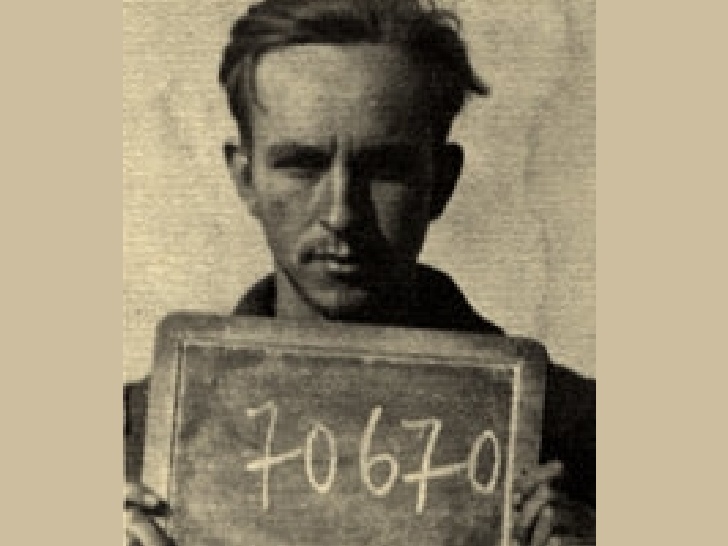

CRITICAL THEORY | SOCIAL ANALYSIS | POLITICAL PHILOSOPHY AND THEOLOGY

“One divides into two.” This enigmatic phrase once functioned as the ideological lynchpin of the Cultural Revolution. Maoism redrew the profile of Marxist theory. The dialectic, understood as an ideological

The following is the second installment of a two-part series. The first installment can be found here. The New Political History In the 1960s and 1970s, the emergence of history
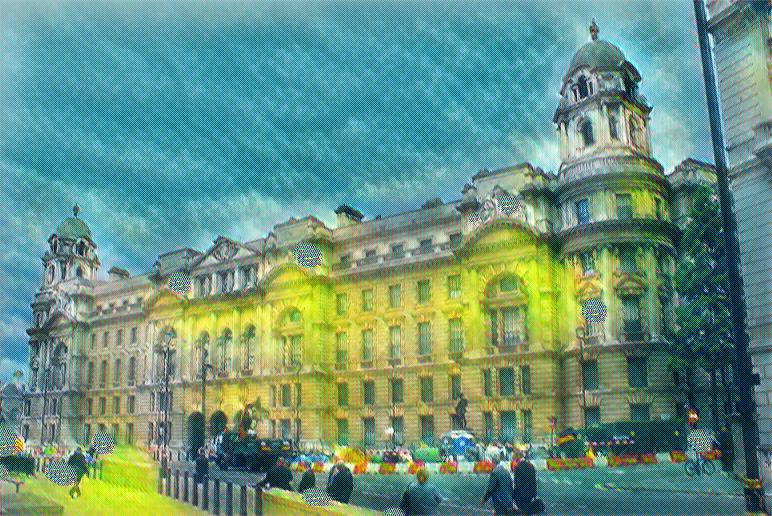
The following is the first installment of a two-part series. According to Erika Cudworth and John McGovern in The Modern State: Theories and Ideologies, in politics the state is defined
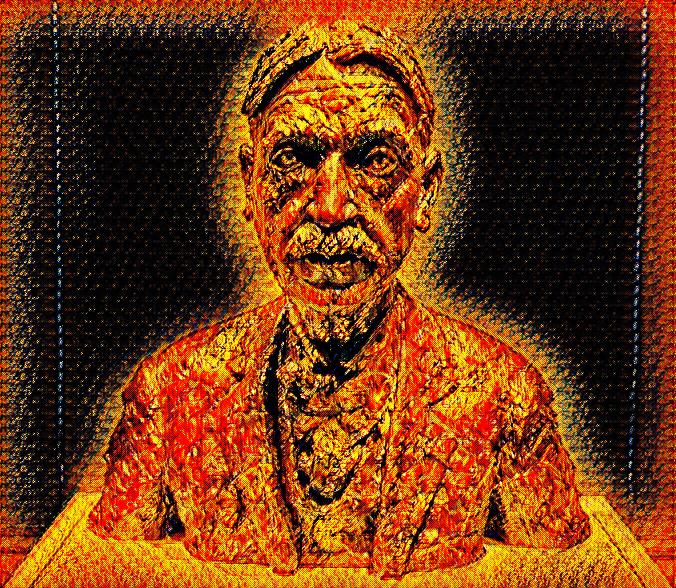
The German Frankfurt School theorist and philosopher Max Horkheimer’s Eclipse of Reason (1947) presents one of the most thorough and far-ranging critiques of American philosophy and of American thought ever
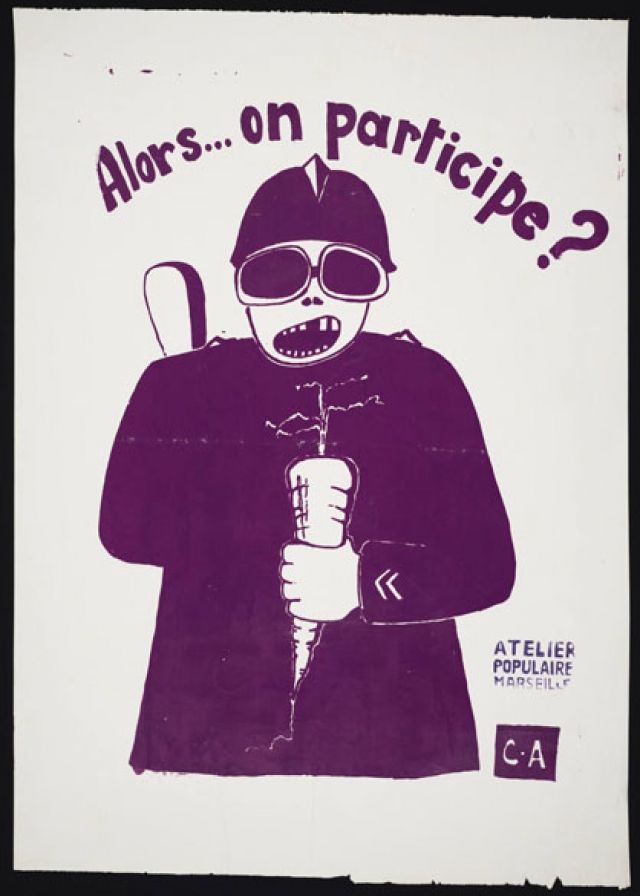
The editors of The New Polis have gathered below excerpts and summaries of some of the most significant reflections and observations that have been published to date on the long-term

Recently scholars have begun to consider various ways that the work of Michel Foucault and James Baldwin might converge. Typically, comparisons between the two writers have been staged on the
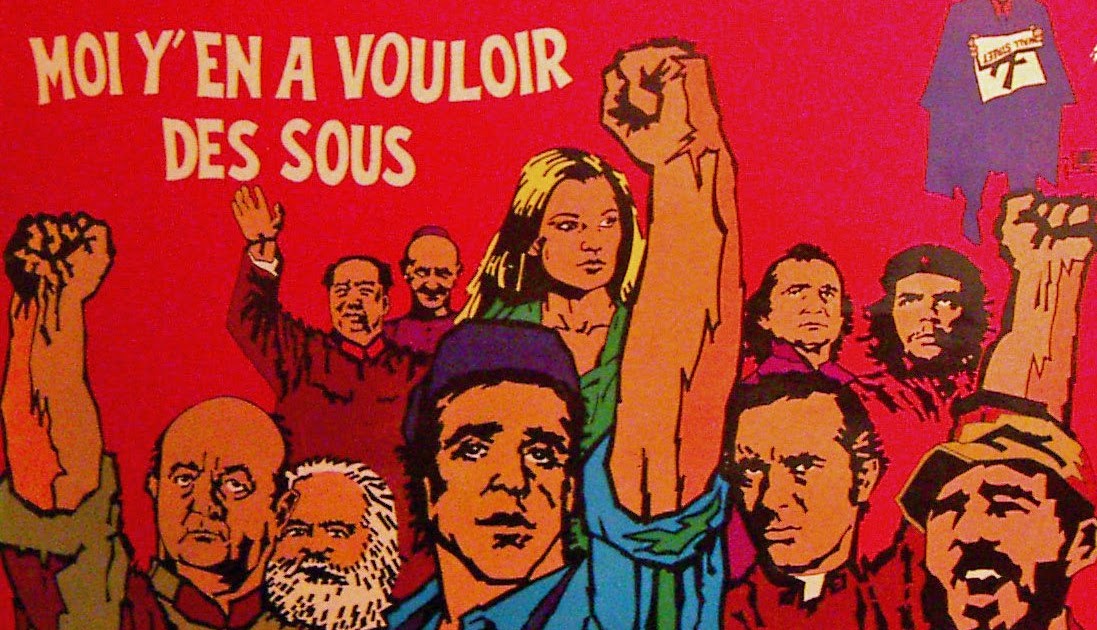
May 1968 was known in France as l’eventement, or “the event.” It was compared to the French uprisings of 1789, 1830, 1849, and 1871 when governments dissolved and new “republics”